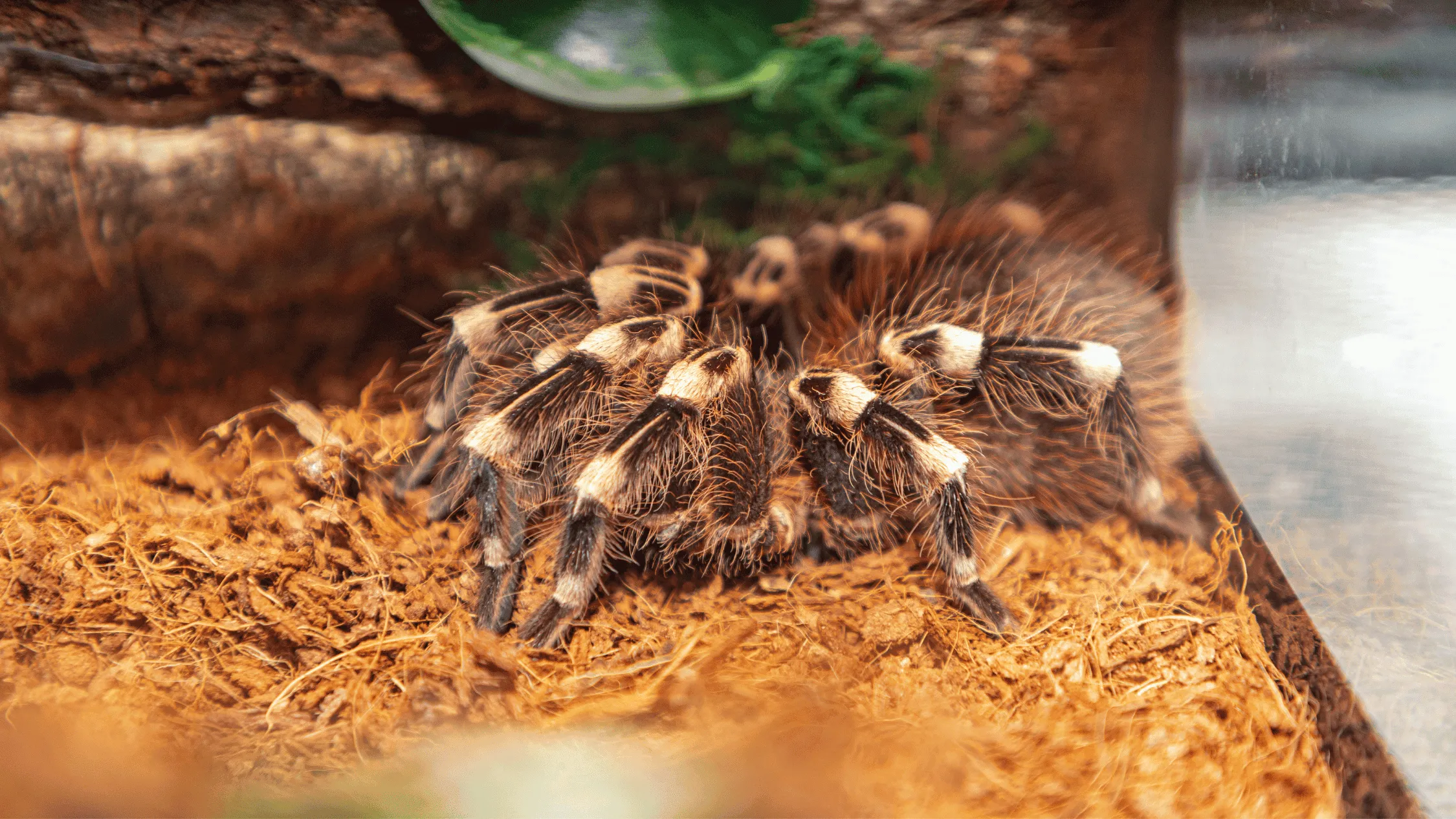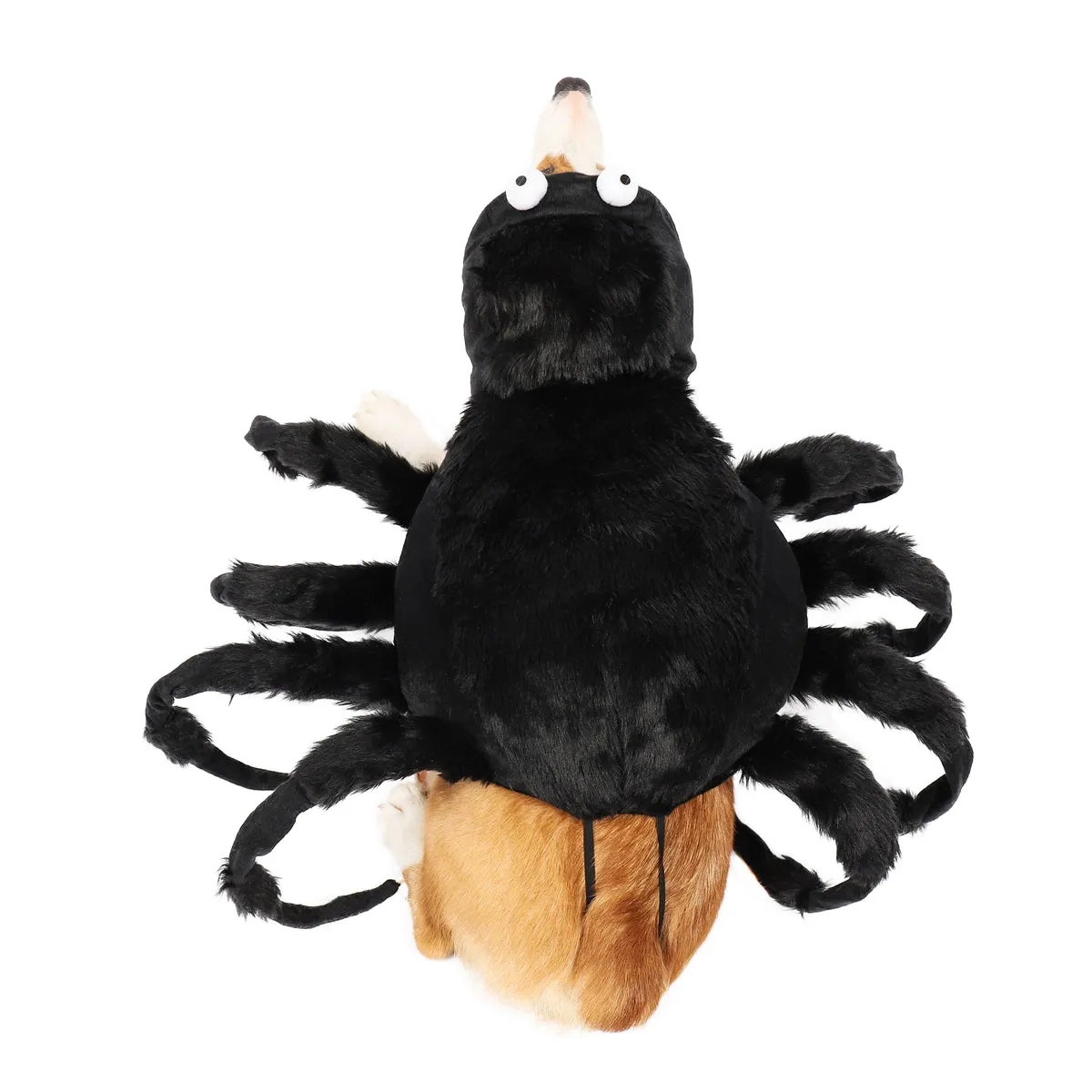Choosing the Right Tarantula Pet Store
Bringing a tarantula into your home is an exciting prospect. However, the well-being of your new eight-legged friend hinges on where you choose to buy it. Selecting the right pet store is paramount, ensuring you get a healthy tarantula and receive the support you need to care for it. Several factors contribute to a positive buying experience and the long-term health of your pet. This guide will walk you through what to consider when choosing a tarantula pet store.
Reputation and Reviews
Before making a purchase, investigate the pet store’s reputation. Online reviews are invaluable resources. Look for stores with consistently positive feedback regarding the quality of their tarantulas, the knowledge of their staff, and their customer service. Check platforms such as Google Reviews, Yelp, and dedicated reptile/arachnid forums. A store’s willingness to address and resolve negative reviews demonstrates a commitment to customer satisfaction and quality assurance. Consider the overall sentiment and the frequency of mentions about health issues or misidentification of species. Avoid stores with a pattern of complaints about these issues.
Health and Quality of Tarantulas

The health of the tarantulas should be a primary concern. The ideal store will keep its tarantulas in clean, well-maintained enclosures. Observe the tarantulas for signs of illness or injury. A healthy tarantula should have a plump abdomen, a bright appearance, and move with confidence. Avoid any tarantulas that appear lethargic, emaciated, or have missing limbs (unless they are in the process of regeneration). The store should also quarantine new arrivals, isolating them to prevent the spread of potential diseases to other tarantulas. A reputable store will readily provide information about the origin of their tarantulas and their current health status.
Expertise and Support
The staff’s knowledge is crucial. They should be able to answer your questions about tarantula care, including housing, feeding, and handling. They should be able to provide specific information about the tarantula species you are considering. The ability of the staff to offer ongoing support after the purchase is also important. This could include answering questions, providing advice, or offering products and resources for tarantula care. A good pet store will not only sell you a tarantula but also equip you with the knowledge needed to keep it healthy and thriving.
Variety of Species
A store offering a diverse selection of tarantula species provides you with more choices and the opportunity to find a species that best suits your experience level and preferences. The range can vary from beginner-friendly species, such as the Chilean Rose Hair, to more advanced species. A wider selection often reflects a store’s expertise and its commitment to catering to a range of arachnid enthusiasts. Ensure the store clearly labels each species and provides information about their specific care requirements.
Top 5 Pet Stores to Buy Tarantulas

Based on the criteria above, here are some of the top pet stores where you can buy tarantulas. Note that availability and reputation can change, so always do your own research before making a purchase.
Store 1 Details
This store is well-regarded for its extensive selection and knowledgeable staff. Known for its excellent customer service, the staff provides comprehensive support and advice to new tarantula owners. They often have a wide variety of species available, from beginner-friendly choices to more exotic varieties. The store’s website or physical location provides detailed information on each tarantula’s specific needs.
Store 2 Details
This retailer focuses on quality, sourcing its tarantulas from reputable breeders. They prioritize the health and well-being of their arachnids. Their enclosures are meticulously maintained, and tarantulas are regularly checked for health issues. They offer a good selection of supplies and resources to help new owners. Look for their online presence to check their current stock and read customer testimonials.
Store 3 Details

This store is known for its specialist knowledge and willingness to educate customers. The staff has a deep understanding of tarantula care and is available to answer questions. They will guide you through the process of selecting the right species and provide ongoing support. They emphasize responsible pet ownership and will often have detailed care sheets available for their tarantulas.
Store 4 Details
Focusing on both online and physical retail, this store offers convenience and a wide selection. They often have sales and special offers on tarantulas and supplies, making it an accessible option for beginners. Check for their shipping policies and guarantees, and be aware of the additional considerations involved when buying online.
Store 5 Details
This establishment has a long-standing reputation and positive reviews. They emphasize quality over quantity and prioritize the health of their tarantulas. Their prices may be higher, but the care and service are top-notch. They also actively participate in the arachnid community and promote responsible pet ownership.
Things to Consider Before Buying a Tarantula

Before purchasing a tarantula, several factors should be carefully considered to ensure you are prepared for the responsibility. These considerations include understanding the local laws and regulations regarding tarantula ownership, researching different species, and preparing the necessary supplies and enclosure. Taking these preliminary steps will contribute to a smoother transition and a healthier life for your pet.
Legality and Regulations
It is essential to be aware of the legal requirements for owning a tarantula in your area. Some locations have restrictions on certain species. Check local and state laws to ensure that the species you want is permitted. Certain species may require specific permits. Failure to comply with these regulations could result in fines or confiscation of your pet. Research the regulations before visiting a pet store.
Tarantula Species Research
Not all tarantula species are suitable for beginners. Research different species and their temperaments, sizes, and care requirements. Consider your level of experience and choose a species that aligns with your capabilities. Some species are more docile and easier to handle, while others are more defensive. Learn about their natural habitats, feeding habits, and lifespan to ensure you can provide the appropriate care. Popular beginner species include the Chilean Rose Hair and the Pinktoe Tarantula. Research the different species and their unique requirements.
Essential Supplies and Setup

Before you bring your tarantula home, you need to set up its enclosure. This includes a suitable terrarium, substrate, a water dish, and a hide. The enclosure should be appropriately sized for the tarantula species. The substrate should be non-toxic and capable of retaining moisture. The hide provides a secure place for the tarantula. Make sure you have all necessary supplies and know how to maintain a proper environment. Consider temperature, humidity, and ventilation. Plan for the specific needs of your chosen species.
Health Checks and Quarantine
Upon acquiring a tarantula, it is essential to check for signs of illness or parasites. Observe your new pet for lethargy, loss of appetite, or any unusual behavior. Quarantine the tarantula in a separate enclosure for the first few weeks to prevent the potential spread of disease to other pets if you own any. This is a crucial step in protecting your existing pets and ensuring the tarantula’s long-term health. Contact a vet who is experienced with exotic pets if you have concerns.
Caring for Your New Tarantula Pet
Caring for a tarantula involves providing the right environment, proper nutrition, and safe handling practices. The goal is to create a comfortable and secure habitat that mimics the spider’s natural environment. By following these guidelines, you can ensure your pet thrives. Successful tarantula ownership requires understanding the unique needs of these fascinating creatures.
Feeding and Hydration

Tarantulas are primarily insectivores. Feed your tarantula appropriately sized insects, such as crickets, mealworms, or roaches, depending on its size. Avoid feeding insects from your garden, as they may contain pesticides. Provide a shallow water dish with fresh water at all times. Adjust the feeding schedule based on the tarantula’s age and species. Overfeeding can lead to health problems, so monitor the tarantula’s abdomen size to gauge its feeding needs.
Enclosure Maintenance
Regular maintenance is essential to keep your tarantula’s enclosure clean and healthy. Remove any uneaten food and fecal matter. Replace the substrate periodically to prevent the buildup of waste and maintain appropriate humidity levels. Clean the water dish regularly. Observe the enclosure for mold or other signs of environmental issues. Maintaining proper ventilation is also critical to prevent stagnant air and fungal growth. A clean and well-maintained enclosure will contribute significantly to your tarantula’s well-being.
Handling and Safety
While some tarantula species are more docile than others, handling should be done with caution. Avoid handling your tarantula unless necessary, such as during enclosure maintenance. If you handle your tarantula, do so close to the ground in case it falls. Be aware of the tarantula’s defensive behaviors, such as flicking hairs (urticating hairs) or biting. Always wash your hands thoroughly after handling your tarantula. Never handle a tarantula if you are unsure of its temperament.
Troubleshooting Common Issues
Even with the best care, tarantulas can sometimes experience health issues. Common problems include molting difficulties, parasites, or injuries. Learn to recognize the signs of illness or distress. If you notice any issues, consult with a veterinarian experienced in exotic animals or contact the pet store where you purchased your tarantula for advice. Early intervention is key to resolving any problems. Always monitor your tarantula’s health and behavior, and be prepared to seek professional help when needed.
By choosing the right pet store, understanding the essential factors, and providing diligent care, you can significantly increase the chances of a successful and rewarding experience as a tarantula owner.
